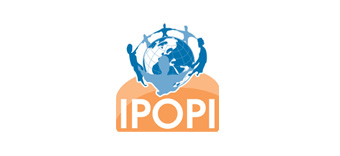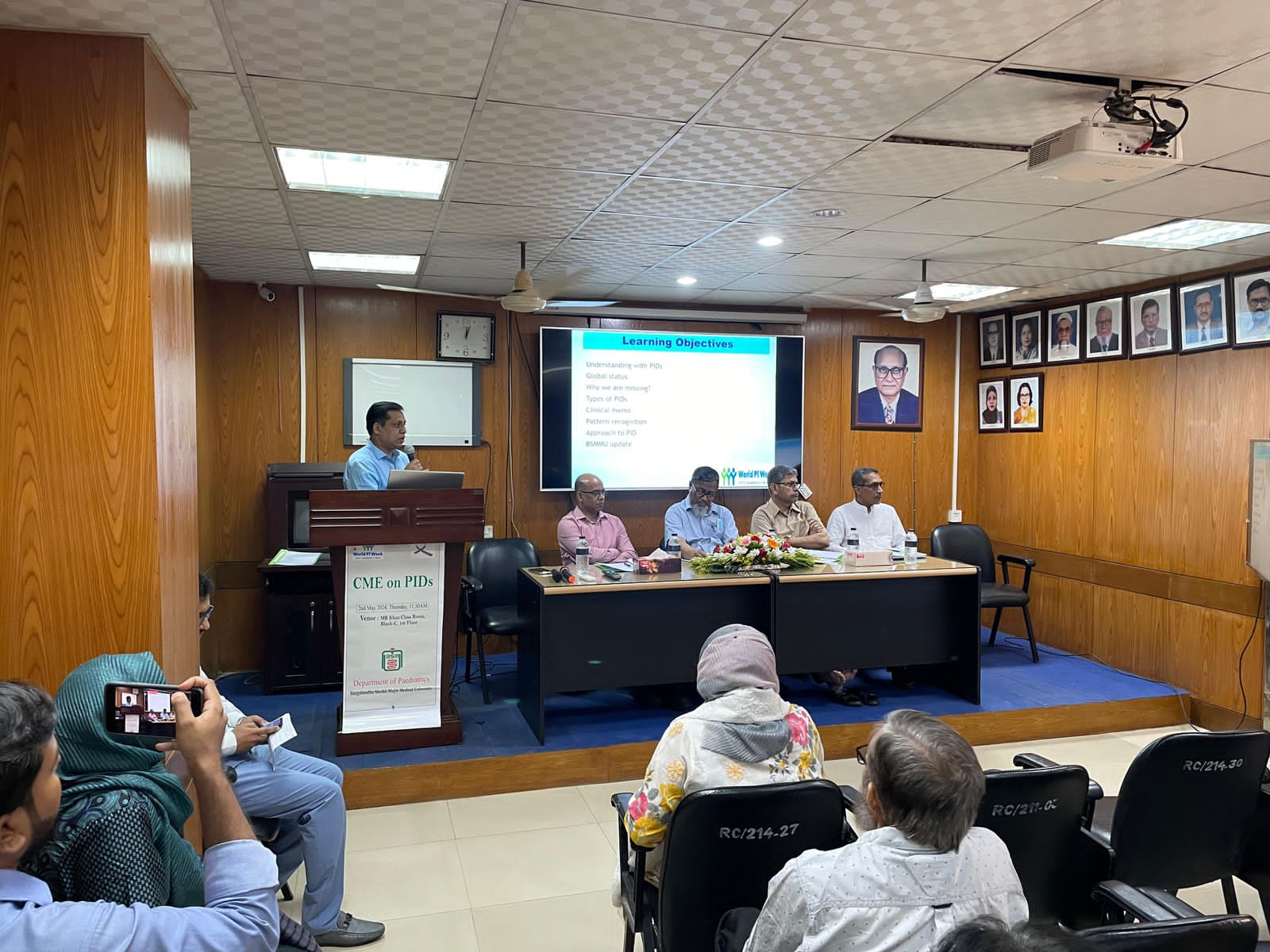June 17, 2024
Spreading knowledge and awareness through PIDetect in Bangladesh
The IPOPI PIDetect programme is making significant strides in addressing the low diagnosis’ rates of PIDs in low- and middle-income countries (LMIC). By offering intensive training to selected doctors from LMIC, the programme aims to enhance their skills in recognising and diagnosing PIDs. From 2022 to 2024, PIDetect training sessions were organised by Prof Surjit Singh and his team at the Chandigarh Post Graduate Institute of Medical Education and Research, (PGIMER) in Chandigarh, India, specifically for healthcare professionals from the Bangabandhu Sheik Mujib Medical University (BSMMU) in Dhaka, Bangladesh.
A crucial component of the PIDetect programme is the dissemination of acquired knowledge on PID diagnostics throughout the target country. To achieve this, the trainee’s institute is supported by the organisation of a local implementation activity whereby the acquired expertise is shared more widely with other doctors and healthcare professionals.
To this end, a CME-accredited conference was organised by Prof Mohammed Imnul Islam and his team at the BSMMU on May 2, 2024. The conference was well-attended and catered to a wide range of medical professionals. It began with a broad introduction to PIDs, covering different types, global status and trends in diagnosis, early warning signs, and useful algorithms for detection and diagnosis. The second session delved deeper into the laboratory diagnosis of PIDs in Bangladesh, highlighting future opportunities. All three PIDetect trainees, including Dr Laila Kamrul, Dr Ismet Nigar, and Dr Chandan Roy, played active roles in organising this event.
As we conclude this fruitful PIDetect programme, we extend our heartfelt gratitude to Prof Surjit Singh and his team for providing such an enriching training experience. Their dedication has been instrumental in equipping our trainees with essential skills. We are also deeply thankful to our sponsor, Takeda, for making the IPOPI PIDetect programme possible and supporting our mission to improve PID diagnosis and care in LMICs.
This meeting was made possible thanks to the support of Takeda.

